In which equipment or systems are safety valves mainly used?
Steam boilers and thermal systems: In steam boilers, safety valves are indispensable safety devices. They can monitor and control the pressure of steam inside the boiler. Once the pressure exceeds the preset safety limit, the safety valve will automatically open and release excess steam to prevent the boiler from exploding due to overpressure. In addition, in thermal systems, such as heating systems, industrial heating systems, etc., safety valves are also used to protect the stable operation of the system and prevent safety accidents caused by abnormal pressure.
Liquefied petroleum gas (LPG) and hazardous chemical transportation: In LPG tank trucks, LPG railway tank trucks, and hazardous chemical transportation vehicles, the setting of safety valves is crucial. They can ensure that the pressure in the tank is kept within a safe range during transportation to prevent leakage or explosion accidents caused by excessive pressure. These safety valves are usually characterized by high precision and fast response, and can open quickly when the pressure is abnormal, release pressure, and protect the safety of transportation equipment.
Oil extraction and natural gas processing: During oil extraction, the high-pressure environment inside the oil well places extremely high demands on the safety of equipment. Safety valves are widely used in key parts such as oil wellheads and Christmas trees to control wellhead pressure and prevent equipment damage or accidents. In natural gas processing plants, safety valves are also used to protect the safe operation of equipment such as compressors, separators, and storage tanks to ensure the smooth progress of the natural gas processing process.
Steam power generation and nuclear power: In steam power generation equipment and nuclear power plants, safety valves are used to protect key equipment such as high-pressure steam pipelines, boilers, and steam turbines. They can open quickly when the pressure is abnormal, release steam, and prevent equipment from being damaged by overpressure. Especially in nuclear power plants, the reliability and accuracy of safety valves are crucial because they are directly related to nuclear safety.
Pressure pipelines and pressure vessels: Pressure pipelines and pressure vessels are common fluid transmission and storage equipment in the industrial field. The setting of safety valves in these equipment can ensure the safe operation of pipelines and containers and prevent leakage or explosion accidents caused by excessive pressure. These safety valves usually have multiple types, such as spring type, lever type, etc., to meet the pressure control requirements under different working conditions.
Food processing and pharmaceutical industry: In the food processing and pharmaceutical industry, safety valves are widely used in sterilizers, cooking equipment, reactors and other equipment. They can ensure the stability of the internal pressure of the equipment and prevent food or medicine from being contaminated or damaged due to abnormal pressure.
Shipbuilding and marine engineering: Safety valves also play an important role in shipbuilding and marine engineering. They are used to protect the safe operation of ship boilers, steam turbines, compressors and other equipment, as well as to prevent marine accidents caused by abnormal pressure.
The application range of safety valves is very wide, involving multiple industries and fields. Their main function is to prevent safety accidents caused by overpressure in equipment or systems, thereby protecting personal safety and equipment operation safety. With the continuous development of industrial technology, the performance and reliability of safety valves are also constantly improving, providing a more powerful guarantee for industrial safety production.

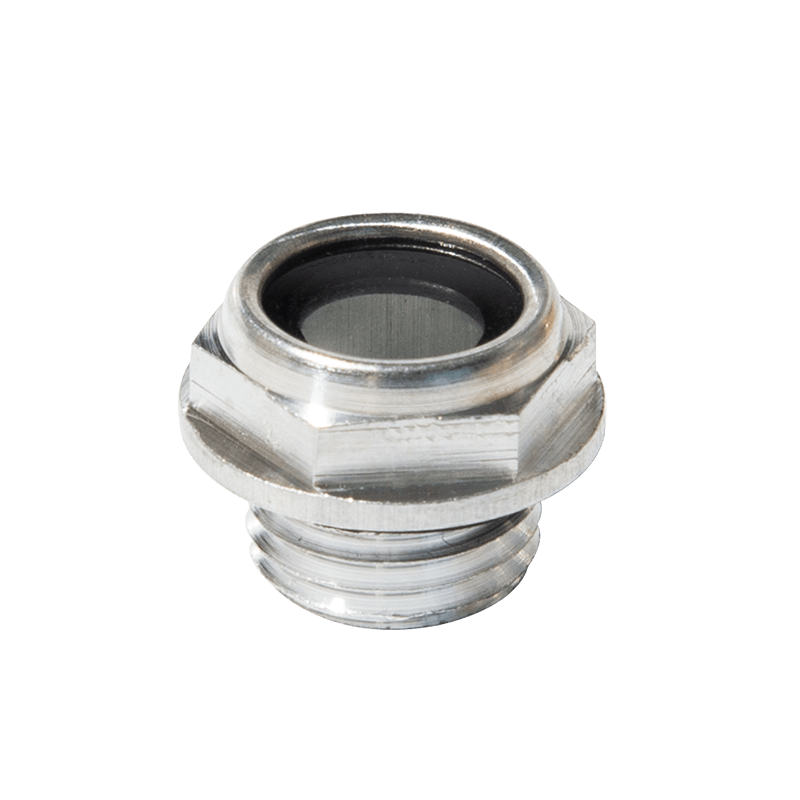
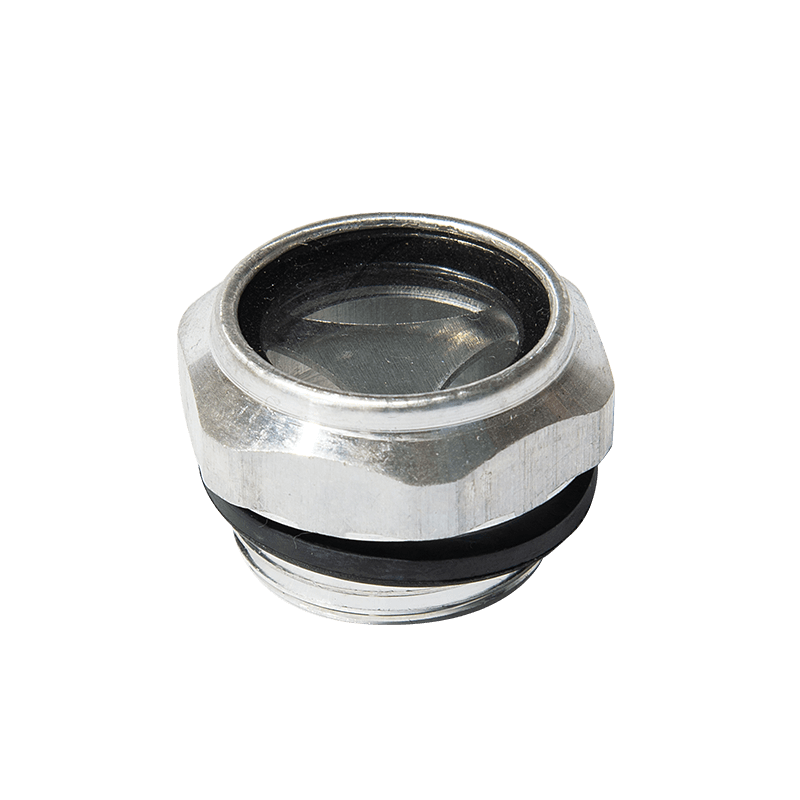
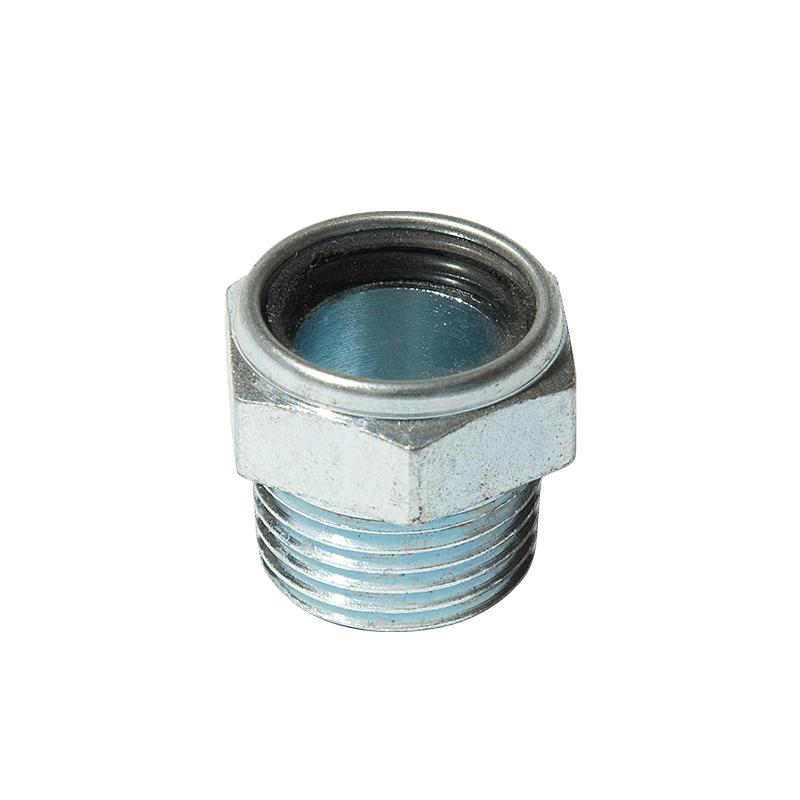
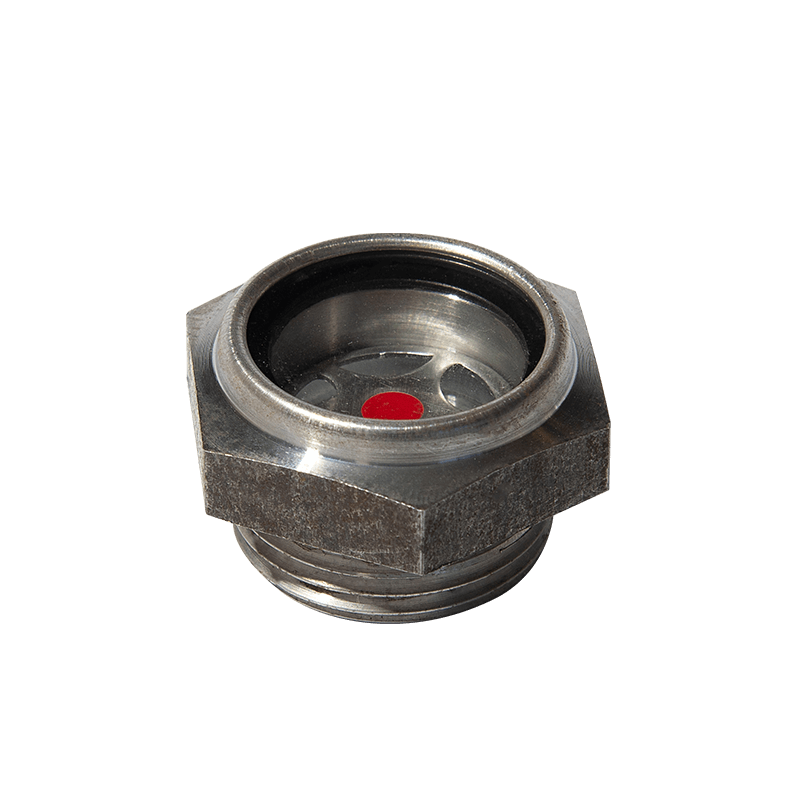
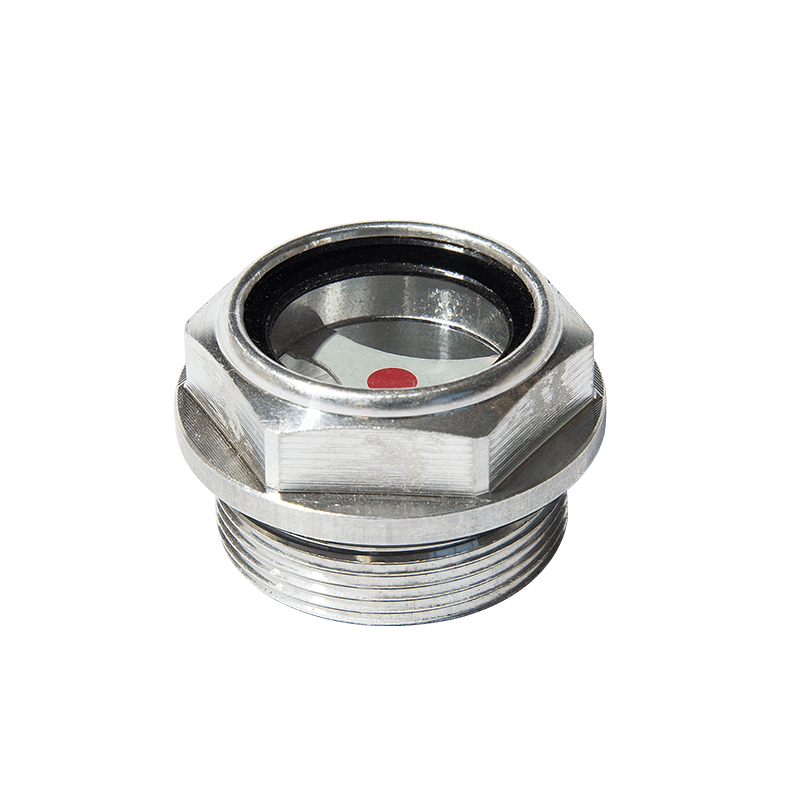
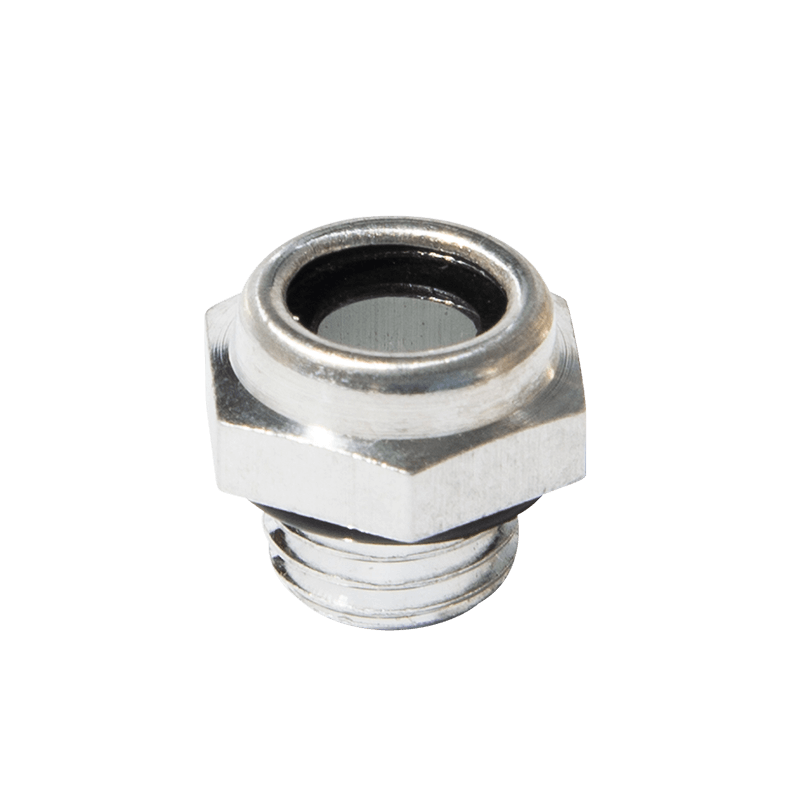
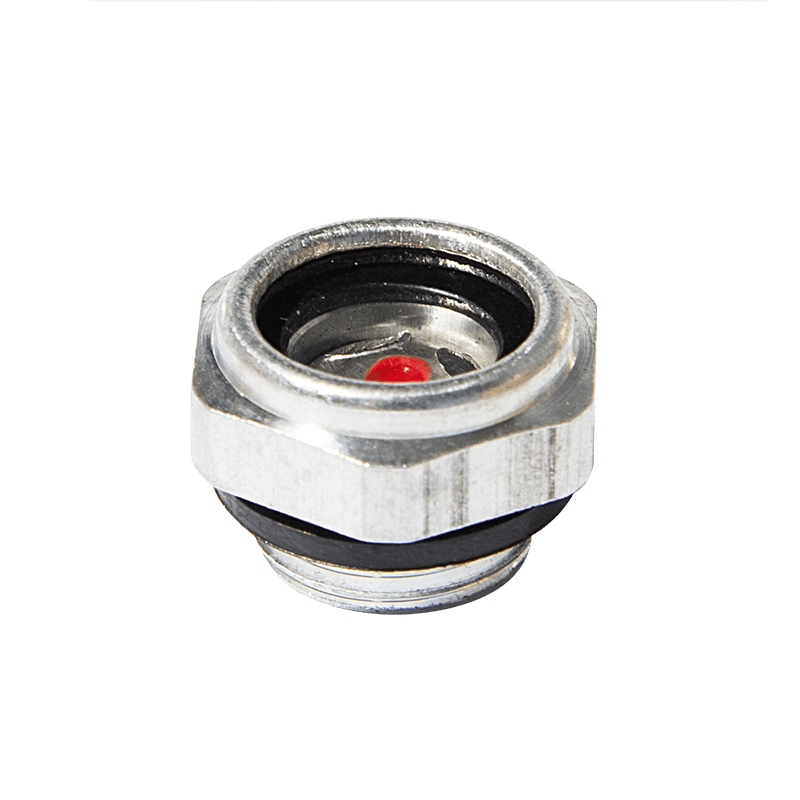
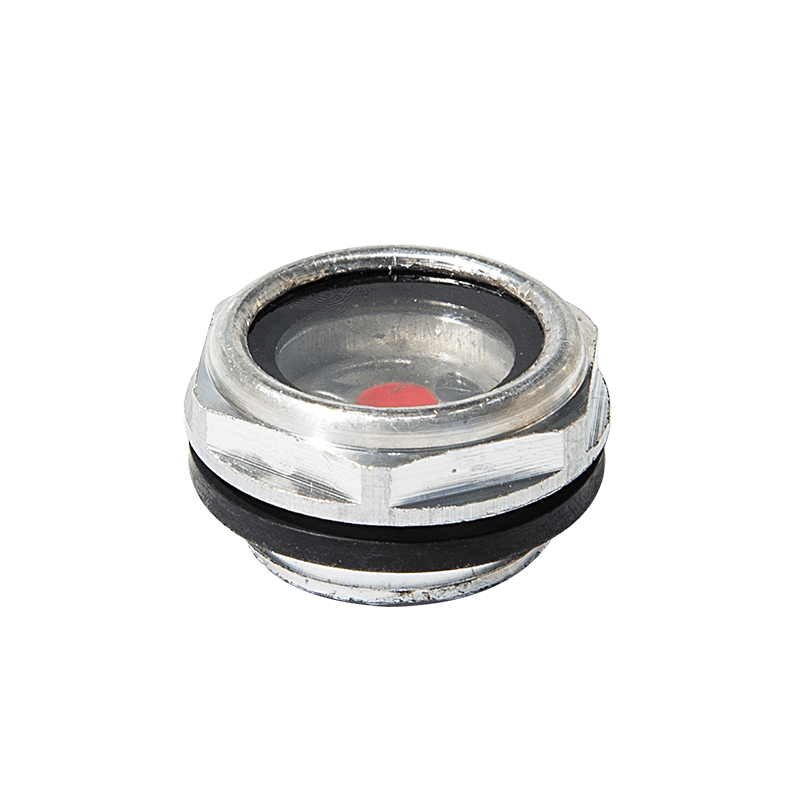
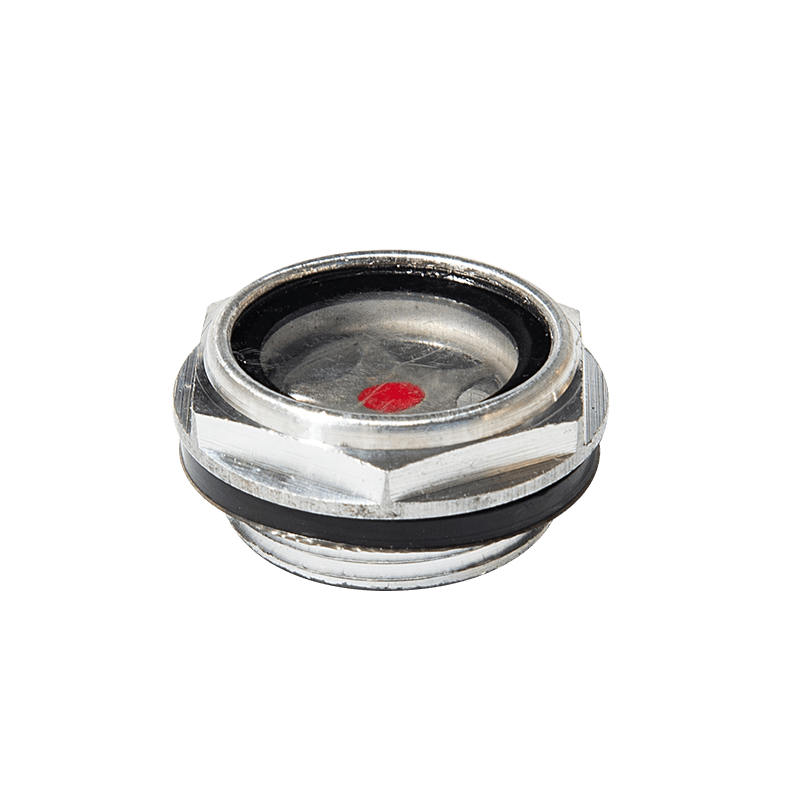
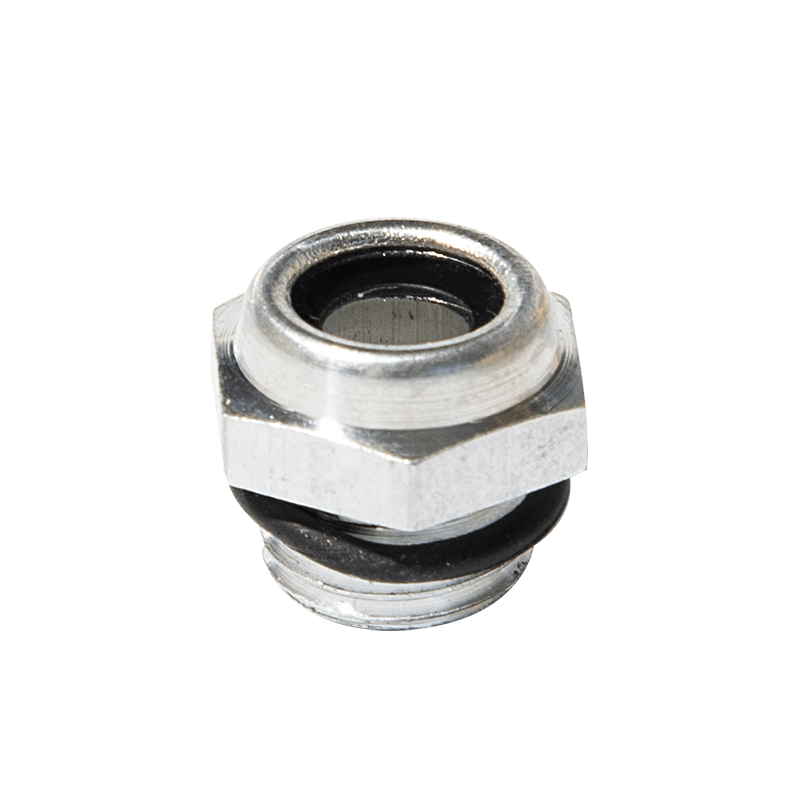





Contact Us